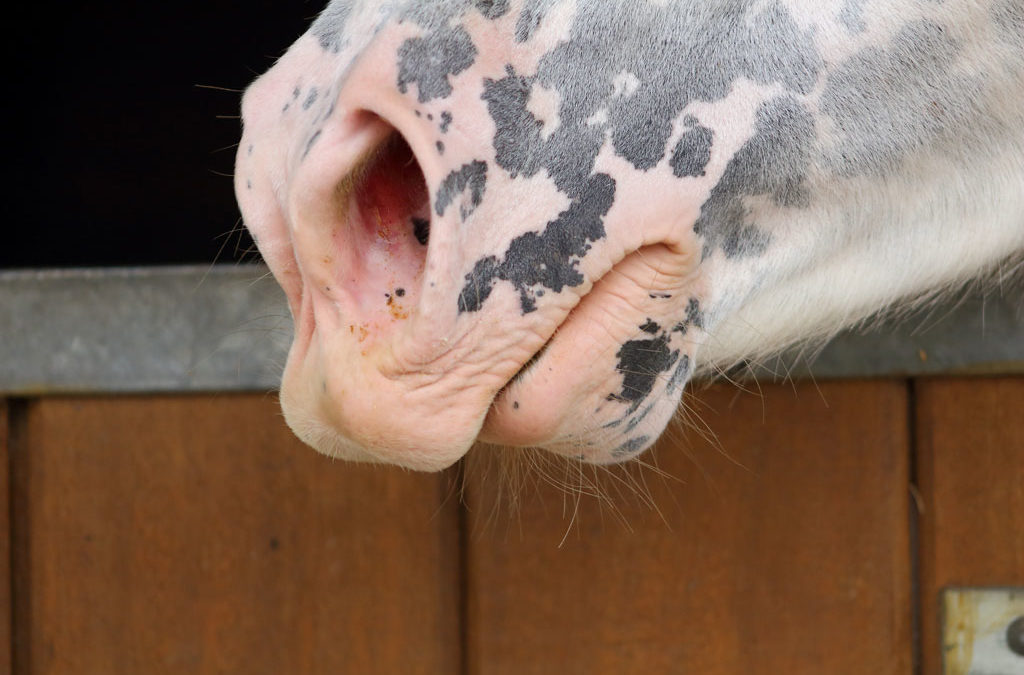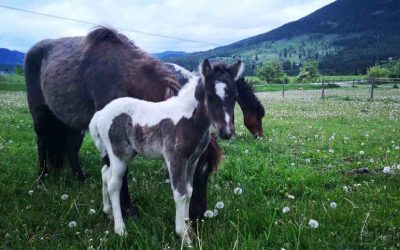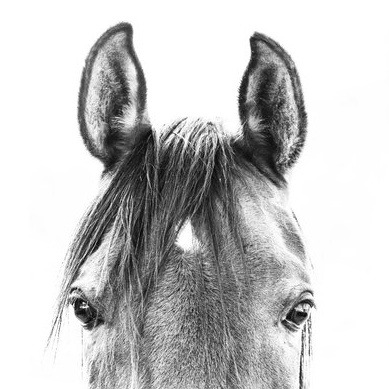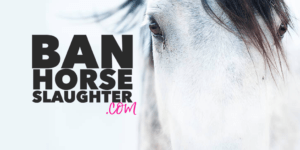The French Equestrian Federation (FFE) has banned the removal of a horse’s whiskers on welfare grounds. It joins Germany and Switzerland in bringing into effect a rule that would disqualify any horse from competition if the whiskers have been removed.
On their website they state that vibrissae, the correct term for whiskers— which are the long tactile hairs around the eye, nose and mouth of the horse—are sensory organs. And just like cat’s whiskers, they allow the horse to gather information about the environment. Around the eyes they serve as protection and, around the blind spot of the nose, they take over from the eyes.
The FFE has just incorporated a rule on this subject in their General Competition Regulations and, from early 2019, competing on a horse that has been deprived of his/her vibrissae is no longer permitted.
The new rule aligns with their official acknowledgement that horses do not perceive their environment in the same way humans do and we need to learn more about horse ethology and behaviour, which they promote as the key to better management and training.
“The role of the FFE is to communicate good practices,” FFE ethologist and animal welfare mission manager Déborah Bardou said.
“It is important that riders behave appropriately with the horse. They are the advocates for animal welfare, and they underwrite the image of equestrian sports.”
Equine behaviourist Justine Harrison hopes other countries will follow with similar rules. “Many countries, including the UK and Australia, are very backward in many aspects of horse welfare and it’s time for us to catch up with France, Switzerland and Germany and ban the trimming of whiskers.
For information about why horses need their whiskers click here.


T-SHIRTS IN SUPPORT OF HORSE RESCUE FUND
LIMITED TIME OFFER FREE SHIPPING CANADA & USA
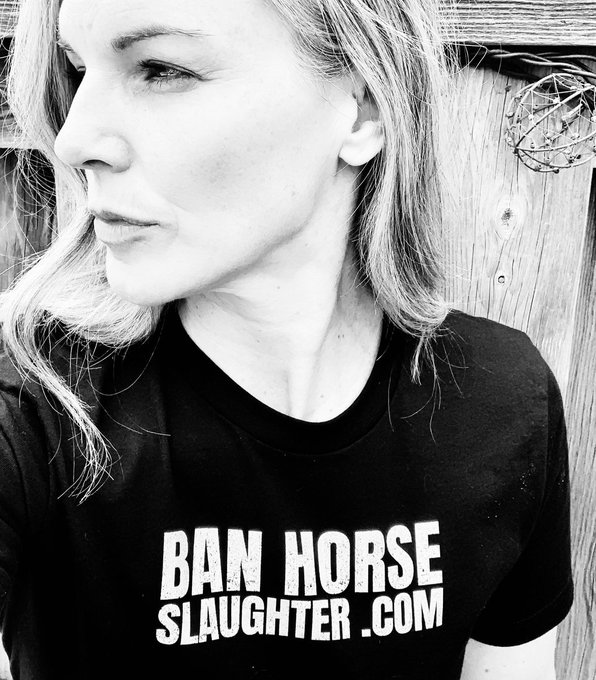
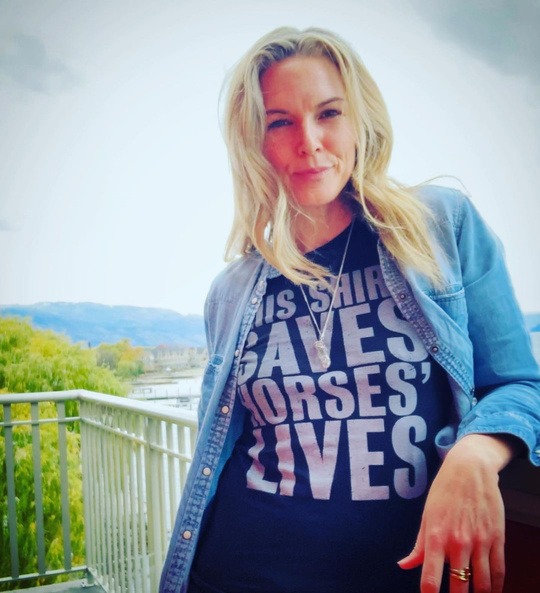
CANADA SLAUGHTERS HORSES FOR HUMAN CONSUMPTION
It may be hard for some to believe that tens of thousands of horses, including pets, are routinely slaughtered in Canada, for human consumption.
Some of the meat is consumed in Canada and much of it is shipped to the European Union and other markets, including Japan.
The barbaric slaughter of horses is currently not legal in the United States, BUT horses, including pets and ex-racehorses, from the United States are shipped to Canada and to Mexico to be slaughtered.
In addition Canada allows for the transportation of live horses to Japan, to be slaughtered for human consumption, and unfortunately the transportation of horses destined for slaughter within Canada, and by air, is far from humane.
Deadline to Help Horses Looming
The Member of Parliament Petition (E-2410) put forward in 2020 by Shelley Grainger has closed. It closed with a very respectable 4,632 signatures, and it was presented to Members of Parliament in the House of Commons. HOWEVER as of March 2021 another Member of...
31 Ponies Saved BUT Funding Still Needed
Photo courtesy of Rebecca Sanesh of Humanity for Horses Rescue and Rehab.Special thanks to Sarah Stewart and Patti Lippert for making us aware of this story. Equestrian Canada warns that due to income losses associated with Covid-19 many horses in Canada could be in...
Please Vote for Animal Law Lawyer Rebeka Breder
As you follow along with Canadian Horse Defence Coalition and their mission to ban horse slaughter for human consumption, you will notice that Rebeka Breder is the lawyer who is handling a lawsuit appeal on behalf of CHDC against the Canadian Government. (CHDC is...

